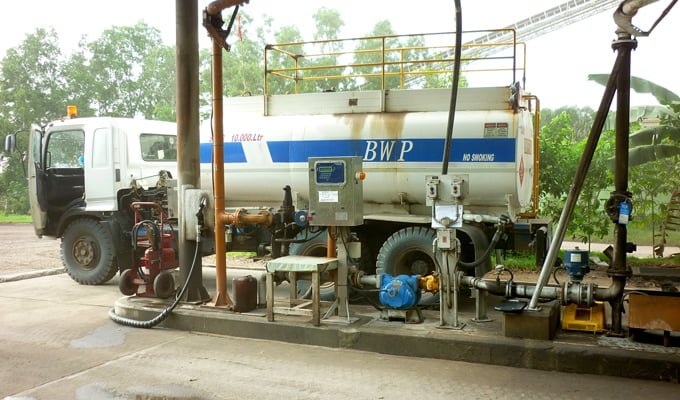International Mining magazine visited the Kaltim Prima Coal mining complex in Indonesia in late 2015, to see how such a large operation manages its huge fleet of machines over an extensive area. Kaltim Prima Coal (KPC) is the world’s largest single producer and exporter of thermal coal, as well as largest single coal mining complex in Asia. ‘Back in 2008 the fuel accounting system at KPC was still highly manual, yet local teams were expected to manage inwards deliveries of some 3 million litres of diesel, which were arriving by barge every couple of days. This product was being hauled 16 km by tanker trucks and pipeline to the ROM storage area. From the ROM area, the diesel was used to fill haul trucks and large service trucks which would operate at refuelling locations within the pit. Pretty much everything was hand written, while contractors on the site also had to acquire the fuel they needed via a paper-based system. These factors caused significant difficulty in terms of reconciling around 1.6 million litres per day.



